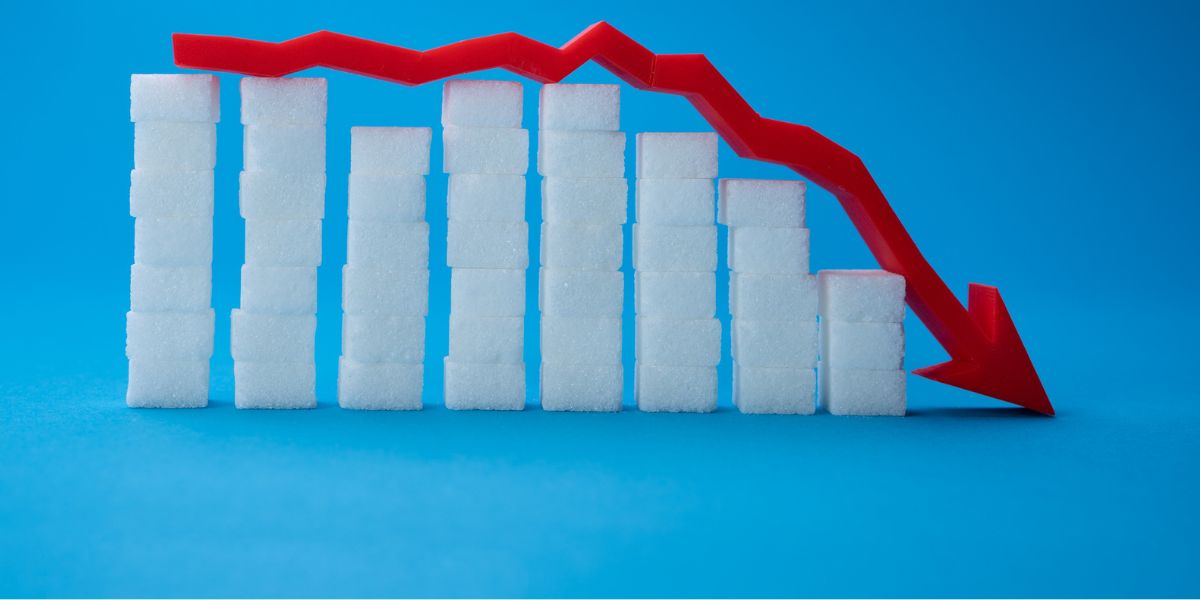If you’re experiencing low sugar levels ( hypoglycemia ) that persist through the day, it’s helpful to deduce what the likely cause may be so that you can reduce the occurrence in future.
We look at the some of the most likely causes and detail the appropriate action to take.
Read more on spotting high and low patterns
- Being more active than you usually are
- Alcohol
- Following have been through a period of illness
- Changes in climate/seasons
- Periods
- Taking certain medications
- Too much background insulin
- Consistently overestimating how much insulin to take with meals
1. Being more active than you usually are
If you have been very active , you may find you experience lower than normal blood glucose levels through the day.
Action
You may need to take a carbohydrate based snack to avoid a hypo occurring during the night. Another option is to decrease your long term or intermediate insulin.
It’s safest to let your blood glucose run slightly too high than too low if you are unsure of what effect exercise will have on your blood sugar levels.
2. Alcohol
Alcohol affects the liver and one consequence is that whilst the liver is processing alcohol, it impairs the liver from performing its role of steadily releasing glucose into the blood.
As a result, alcohol can lead to low blood glucose levels either during or following drinking.
Action
Monitor blood glucose levels closely during and after drinking and take sufficient carbohydrate to prevent hypoglycemia from occurring.
3. Following have been through a period of illness/infection
If you have been through a period of illness or infection in which you had to increase your insulin doses and start to develop low blood glucose levels, it is quite likely that this could a result of your body having fought off the infection.
Hypos may occur during illness as well if you overestimate the insulin your body needs.
Action
After a period of illness has passed, you should be able to return your insulin doses to the level they were at before you became ill. If you are getting hypos during illness, you may benefit from diabetes education and/or advice from your health team to help manage your insulin doses.
4. Changes in climate/seasons
Changes in climate and temperatures can lead to lower insulin requirements. Hot climates tend to be associated with lower sugar levels and a greater risk of hypoglycemia but the effects can vary from person to person.
5. Periods
During your menstrual cycle , your may go through a few days of higher than normal blood glucose levels before your sugar levels drop back down to normal levels. The high sugar levels usually occur in the days leading up to or during the period itself.
If you have increased your insulin to cope with higher sugar levels, you may find that either during or after your period, you experience low blood glucose levels.
Action
The ease of managing blood sugar levels during your menstrual cycle is often dependent on how consistent your periods affect your sugar levels. If you are having difficulty with adjusting insulin, as a result, speak to your diabetes health team who can help you with your control.
6. Taking certain medications
A number of medications can lead to a greater risk of hypoglycemia. [126] Such medications include:
- Bactrim – an antibiotic
- Beta-blockers – blood pressure medication
- Monoamine oxidase inhibitor (MAO) inhibitors – an antidepressant and a treatment for Parkinson’s disease
- Pentamidine – a drug to treat a specific type of pneumonia
- Quinine – a treatment for acute malaria
Action
Speak to your GP or health team if any medication is making your diabetes difficult to manage.
7. Too much background insulin
Setting the right level of basal insulin can sometimes be a challenge. If the level of background is set too high, instances of low blood glucose levels will becomen, more likely, particularly during the night and before meals.
Action
Consider reducing your long acting or intermediate insulin. Monitor your blood glucose levels regularly to observe any periods of either high sugar levels or if you are still getting low sugar levels.
8. Consistently overestimating how much insulin to take with meals
Repeated lows through the day could be also be the result of consistently overestimating how much short or rapid acting insulin to take with meals.
Action
If overestimating meal time insulin is suspected you will need to review how you calculate your meal time insulin.
If you need some help with this, speak to your diabetes health team. One of the options you may be given is an offer to attend a carbohydrate counting course.




